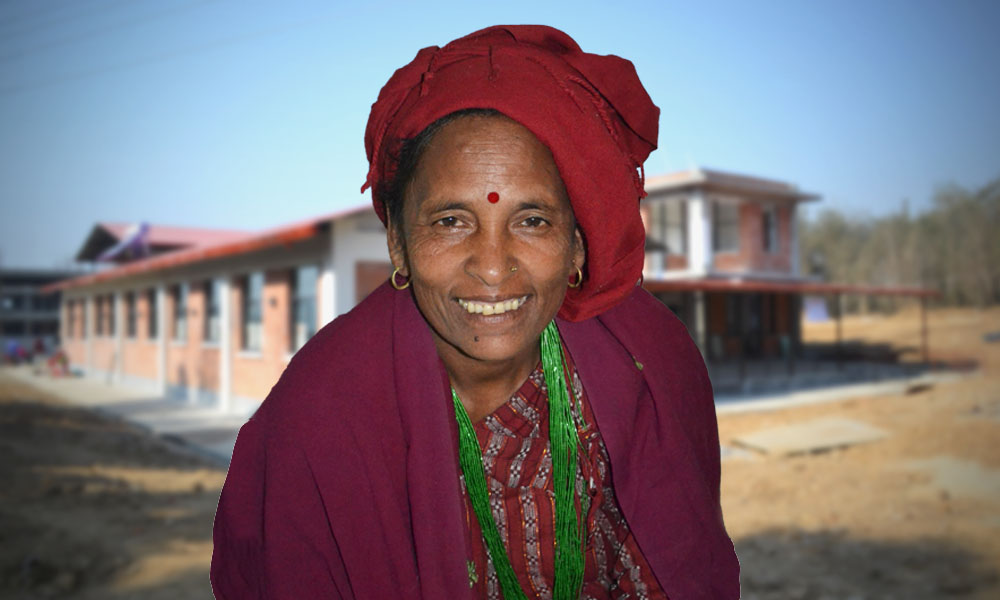Once again women from some of Nepal’s most remote areas walked and travelled by bus often over several days to reach INF’s recent fistula camp. The camp drew to a close last week having provided treatment to 36 patients in its’ new home, the first purpose built Fistula Centre in Nepal.
Obstetric fistula, a hole between the vagina and bladder from prolonged obstructed labour, causes ongoing incontinence. Women often suffer the isolation and humiliation of this physical challenge for decades, unable to seek treatment due to poverty and geographical remoteness.
The new Fistula Centre is still under construction but parts of the building were ready for use including the new kitchen, which was transformed into a ward. Twenty-two operations were undertaken in the government hospital nearby.
“I am excited to see the beautiful building so nearly ready and look forward to being able to offer treatment to women with fistula through the year, not limited to the camp dates,” says gynaecologist Dr Shirley Heywood, who has been instrumental in seeing the Centre’s development. “Every year there have been women who contacted us but couldn’t come during the limited camp period for different reasons. This year several women who hoped and planned to come were prevented because of the strikes in Provinces 5 and 7 preventing travel.”
Lila’s story
Lila had been leaking urine for the past 28 years when she arrived at the recent INF fistula camp. Having grown up in a poor farming family she had never been to school. Soon after her father died she was married to a man with deafness. Life was challenging, as Lila’s husband was only able to make a meager income making tools.
During Lila’s first pregnancy she labored at home for five days. Sadly she lost her baby and became incontinent from an obstetric fistula as a result of the protracted and unassisted labour. Since then Lila has had six pregnancies, five of her babies survived however another baby died.
Lila believed these tragedies were her karma until she found out about INF’s fistula camps. She and her fourteen-year old son travelled for two days on a bus and walked for four hours to reach the camp. Lila had surgery that is healing well and for the first time in almost three decades she is dry.
While she continues to grieve for the loss of her two babies she is regaining strength and dignity for the future.



